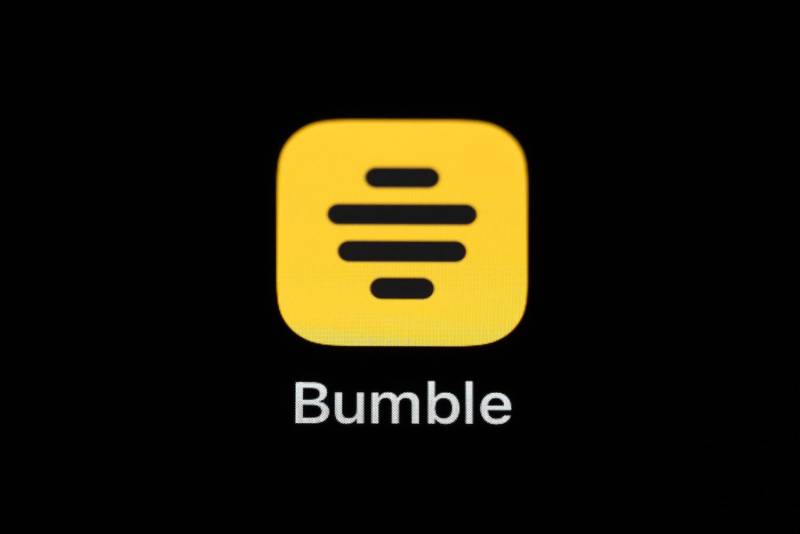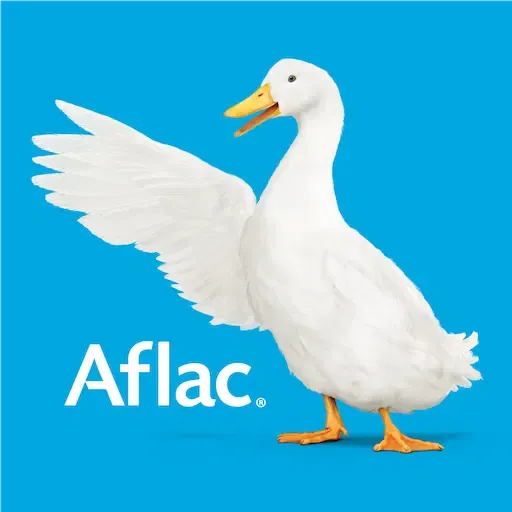In a bold move to uphold the integrity of its platform, Spotify has officially launched a global crackdown on fake streams, sending a strong message to artists, labels, and music marketers who exploit the system. The music streaming giant, which boasts over 600 million users globally, has intensified its efforts to detect and penalize artificial streaming behavior, warning that those who participate in such practices could face serious consequences, including removal of content, reduced visibility, and even account suspensions. Fake streaming, often generated by bots or click farms, refers to the manipulation of play counts to inflate an artist’s popularity. While some view it as a shortcut to visibility, it undermines the legitimacy of the platform and harms artists who gain traction organically. Spotify’s algorithms and revenue models are designed to reward genuine listener engagement. Artificially inflated numbers distort these models and siphon income away from deserving creators.
According to Spotify’s recent transparency report, artificial streams make up an estimated 1% to 2% of total streams on the platform. While that figure might seem small in context, when applied to billions of monthly plays, it translates to a substantial number, impacting royalties, algorithmic placements, and the overall ecosystem of fairness in digital music.
The platform has now put systems in place that use advanced AI and machine learning to identify suspicious streaming patterns. Accounts flagged for fake streams are subject to thorough review and, in some cases, public penalties. The company has also begun issuing warnings and educational content to artists through their Spotify for Artists dashboard, emphasizing the importance of organic growth and adherence to Spotify's terms of service. Spotify’s Head of Music Integrity, Julian Teixeira, emphasized that this is not a campaign against artists but rather a necessary defense of authenticity. “We want to protect the livelihood of genuine creators,” he said. “Manipulated streaming hurts the entire music community, from indie musicians to major label acts.”
Industry reactions have been mixed. Many independent artists and industry professionals have welcomed the crackdown, seeing it as a long-overdue step to clean up the platform and ensure that talent, not tactics, rises to the top. Others worry about potential false positives, especially in cases where promotional companies may have engaged in such practices without an artist’s knowledge. Spotify, however, has clarified that it will continue refining its detection systems to distinguish intentional fraud from unintentional violations. The move comes at a time when digital streaming is the dominant revenue source for most musicians, particularly emerging artists. As competition intensifies, some artists have turned to unethical promotion tactics in a desperate bid to boost streams, attract label interest, or qualify for popular playlists. Unfortunately, these quick wins can lead to long-term damage. Once blacklisted or flagged, artists may find their music buried in the algorithm, or worse—completely removed from the platform.

To help artists navigate these changes, Spotify has also partnered with educational institutions and music industry organizations to run workshops and webinars on best practices for building an audience. They encourage the use of authentic marketing methods, such as live performances, fan engagement, collaborations, and social media outreach, as the most sustainable ways to build a music career in today’s digital landscape. Ultimately, Spotify’s crackdown is a wake-up call to the music industry. As streaming continues to dominate music consumption, maintaining trust and fairness across platforms is crucial. Artists, managers, and labels are now urged to re-evaluate their promotional strategies and focus on cultivating real fan bases.
With streaming royalties already under scrutiny for their fairness, ensuring those royalties go to legitimately earned plays is not just a technical issue—it’s a moral one. As Spotify doubles down on stream manipulation, the future of digital music may become not only more transparent but also more meritocratic.
Uphorial.



